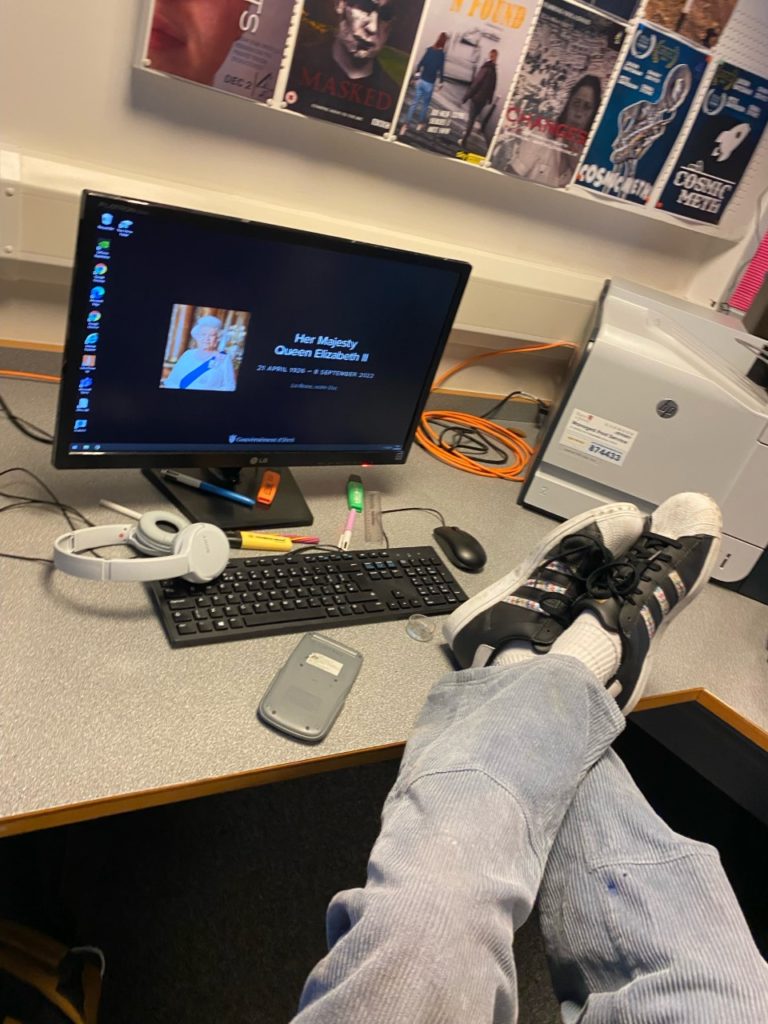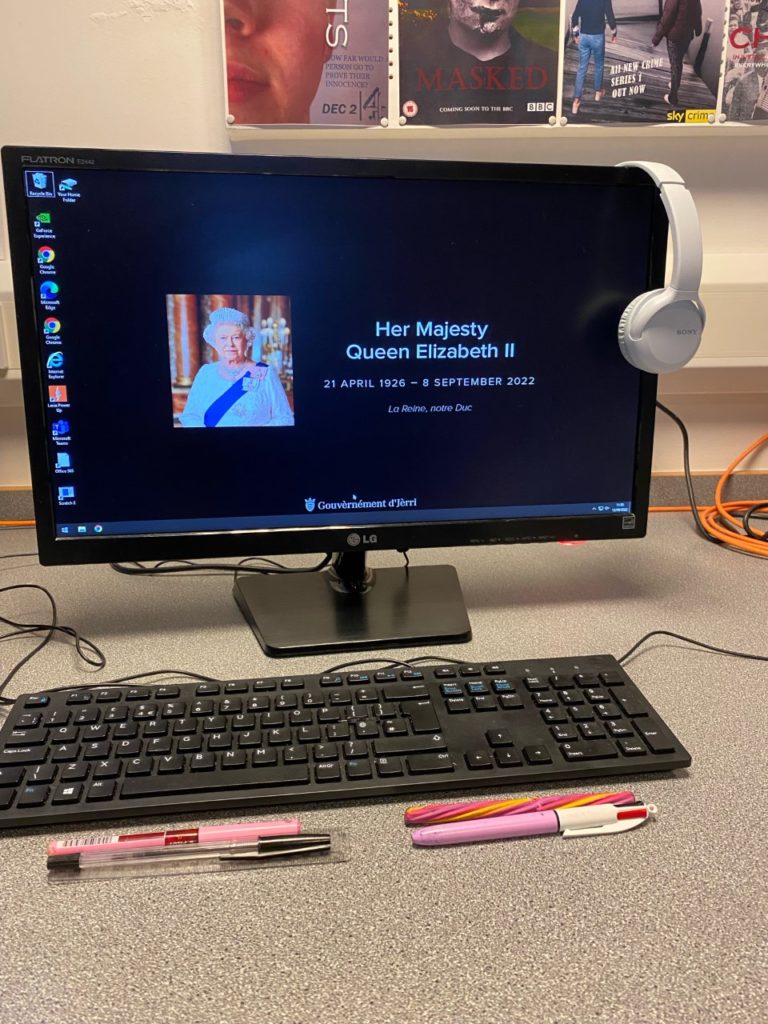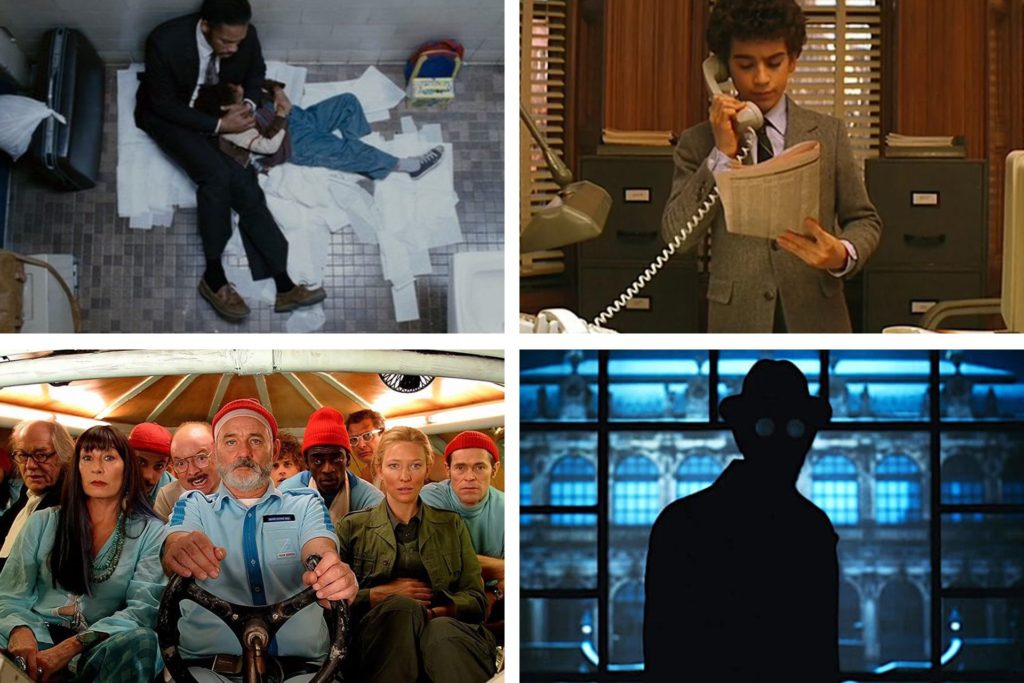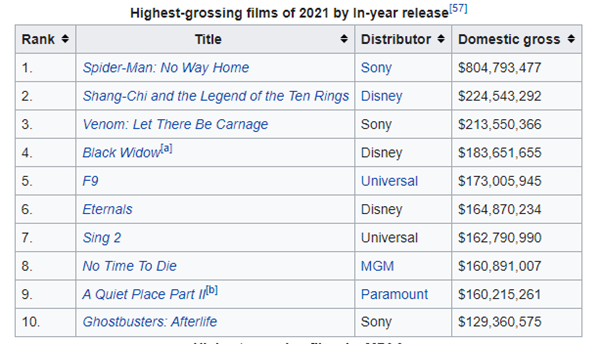The arrangement of the scenery, props, etc. on the stage of a theatrical production or on the set of a film. Examples of this is the setting, lighting, actors, décor and makeup.
Daily Archives: September 15, 2022
Filters
mise-en-scene “chaotic vs anally tidy”
formula for Box office hit
6/10 of the top box office movies of 2022 are in the genre of action meaning part of the formula to a box office hit is often an action or adventure film. To create a box office hit one must consider what will appeal to the wider audience, for example a new War based film containing only unwell known actors with no prequels will not be as widely popular as a fast action sequel with a cast full of talented actors. The time of release must be considered as well, a thriller released around Halloween will receive more attention than a thriller released in the peak of summer. Therefore the formula for Box Office Hits contain many things including popular actors, action and a previous fanbase and franchise (Spiderman-No Way Home)
Mise-en-Scene “Chaotic vs Anally Tidy” Example


activity 2 category is …
| Art Film | Mainstream Film | Historically Significant Film |
| Once Upon A Time In The West – Release date: December 21, 1968 (Italy) Director: Sergio Leone | A Bugs Life – Release date: November 15, 1998 (USA) Directors: John Lasseter, Andrew Stanton | Battleship Potemkin – Initial release: December 21, 1925 Director: Sergei Eisenstein |
| Alphaville – Release date: May 5, 1965 (France) Director: Jean-Luc Godard | The Shape of Water – Release date: December 1, 2017 (USA) Director: Guillermo del Toro | The Seventh Samurai – Release date: April 26, 1954 (Japan), Director: Akira Kurosawa |
| Fitzcarraldo – Release date: October 10, 1982 (USA) Director: Werner Herzog | The Breakfast Club – Release date: February 15, 1985 (USA) Director: John Hughes | The Wizard of Oz – Release date: August 25, 1939 (USA) Director: Victor Fleming |
| Love Simon – Release date: March 16, 2018 (USA) Director: Greg Berlanti |
Mise-En-Scene Definition
Mise-en-scène refers to all of the elements that comprise a single shot; that includes, but is not limited to, the actors, setting, props, costumes, and lighting. The director of a play or film is called the metteur-en-scène—literally, “one who puts on the stage.”

Formula for Box Office Hits

The formula of box office hits: in the top 10 of last years highest grossing movies, all of them are produced and distributed by a conglomerate company. This shows how dominating these companies are over the film industry and how easily they can produce high-grossing films.
5 out of the top 10 movies are superhero movies (all of them being apart of the Marvel cinematic universe); the long-existing fanbases for marvel movies allows almost all of their films to perform exceptionally well.
activity 1 – Connecting the IB Learner Profile to Film Studies
Knowledgeable – Having knowledge of films and directors and their techniques aids towards studying those films in more depth and gaining more understanding.
Risk Takers – In creating films during the course it will be important to try new things that may not be easy or comfortable but will give the best and most amazing results.
Caring – As the course offers teamwork it is necessary to consider others opinions and ideas caringly.
Reflective – By being reflective and being able to give yourself constructive criticism on previous work you will excel further.
Principled – Having strict principles when it comes to committing to your work will pay off.
Communicators – Having good communicating skills will be needed as working groups may become difficult in the film course.
Inquirers – Staying curious and questioning techniques in film helps expand your knowledge in this course.
Balanced – Balancing the work load of essays and practicle work
Open minded – Being open minded to people in your groups ideas or any new and interesting uses of cinematography
Thinkers – Delving deeper into the meaning of films and the underlying messages shown.
Categorising films
| Art Film | Mainstream Film | Historically Significant Film |
| once upon a time in the west | A Bugs Life | Battleship Potemkin |
| Fitzcarraldo | The Shape of Water | The Seventh Samurai |
| Alphaville | The Breakfast Club | Schindler’s List |
| A Clockwork Orange | The Wizard of Oz | 2001: a space odyssey |
| Mulholland Drive | Love Simon | Blade Runner |
IB learner profile in relation to film

Knowledgeable: film theory requires knowledge to learn and understand.
Risk-Takers: especially in the producing aspect of this course, risks will need to be taken to enhance a media product and keep it original.
Balanced: your ability to produce media products and to answer questions on the theory side of film must be balanced.
Caring: especially when working with a team, you must respect everyone’s creative opinions, even if they differ from your own.
Principled: in many aspects of film, you may come across political messages or meanings. Stick to your principles and know what is right.
Inquirers: to be curious and want to find out more about the theory of film or about film pieces (e.g hidden meanings).
Reflective: being able to comment on a piece of work you have written or produced or offering constructive criticism to benefit others.
Thinkers: must be free-thinking and able to understand meanings of film aimed towards the viewer.
Open-Minded: being flexible to new ideas and ways of producing projects.
Communicators: to feedback to members of a group about the additions to a shared project.